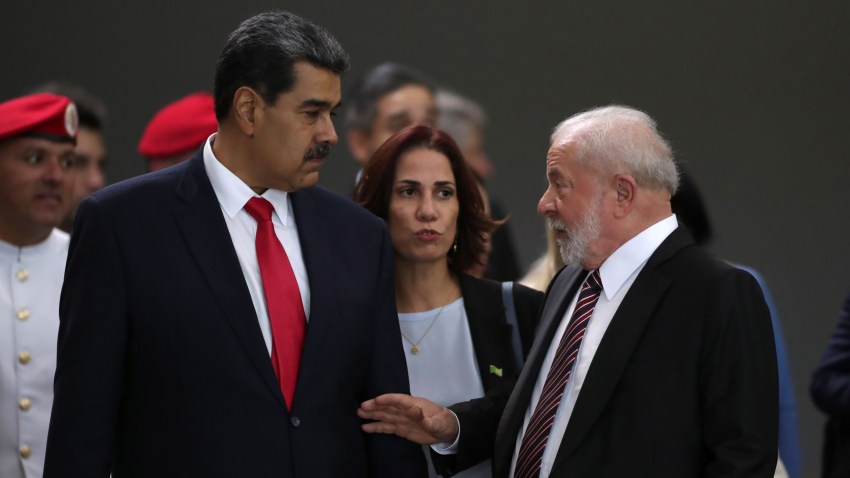Developments in Venezuela over the past few weeks have provided reason for both deep pessimism and guarded hope that the country’s presidential election next year could help resolve its political crisis and advance a democratic transition.
On the one hand, the regime-controlled legislature moved to replace the members of the National Electoral Commission, which for now still includes opposition representation and has exhibited measures of independence. It also disqualified Maria Corina Machado, the candidate poised to win the opposition’s presidential primary, from holding office for 15 years. On the other, senior U.S. and Venezuelan officials have met secretly, even as the Venezuelan opposition’s negotiators have crafted a proposed deal by which Washington would lift some sanctions in exchange for meaningful steps by the regime to improve conditions for the election.
Whether such a deal is consummated or the regime proceeds with a Nicaragua-style election in which genuine opposition candidates are prohibited from competing depends largely on calculations being made by Venezuelan President Nicolas Maduro and officials close to him. Do they value international recognition and sanctions-relief more than they fear losing power?

